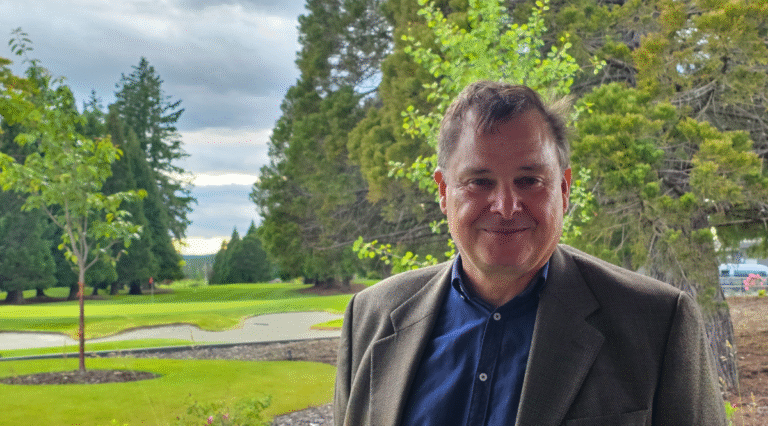More science is challenging Canada’s plan to end ocean-based salmon farming in British Columbia. In Campbell River, a community BBQ on July 24 will highlight this debate with food, facts, and local support.
The event takes place at Robert V. Ostler Park and expects over 1,000 people. It is hosted by the BC Salmon Farmers Association (BCSFA). The BBQ aims to raise money for the Campbell River Food Bank and to back an industry under threat from Ottawa’s plan to close all ocean salmon farms by 2029.
Brian Kingzett, BCSFA’s Executive Director, said, “At a time when food prices are rising and global seafood trade faces challenges, we must base decisions on solid evidence about food production and the economy.”
Kingzett emphasized the BBQ is more than a social gathering. It is about making sure facts shape the national talk about aquaculture.
New studies add to the facts. One peer-reviewed study found no drop in sea lice after salmon farms in the Discovery Islands closed. Another 20-year study said BC salmon farms pose very little risk to wild salmon.
These findings join many others, including 10 studies by federal scientists. Still, Prime Minister Mark Carney has not changed the plan to ban ocean salmon farms in BC by 2029. This policy is influenced by activist groups and was set during the Trudeau government.
If the ban goes ahead, BC could lose 4,560 jobs. More than 1,000 of these are Indigenous jobs. Also, taxpayers may have to pay about $9 billion in compensation to salmon farmers, suppliers, and First Nations groups.
The Campbell River BBQ is set to be a key event for people who want to support salmon farming and protect local jobs and food sources. It shows how the community is standing together with science and common sense in tough times.

